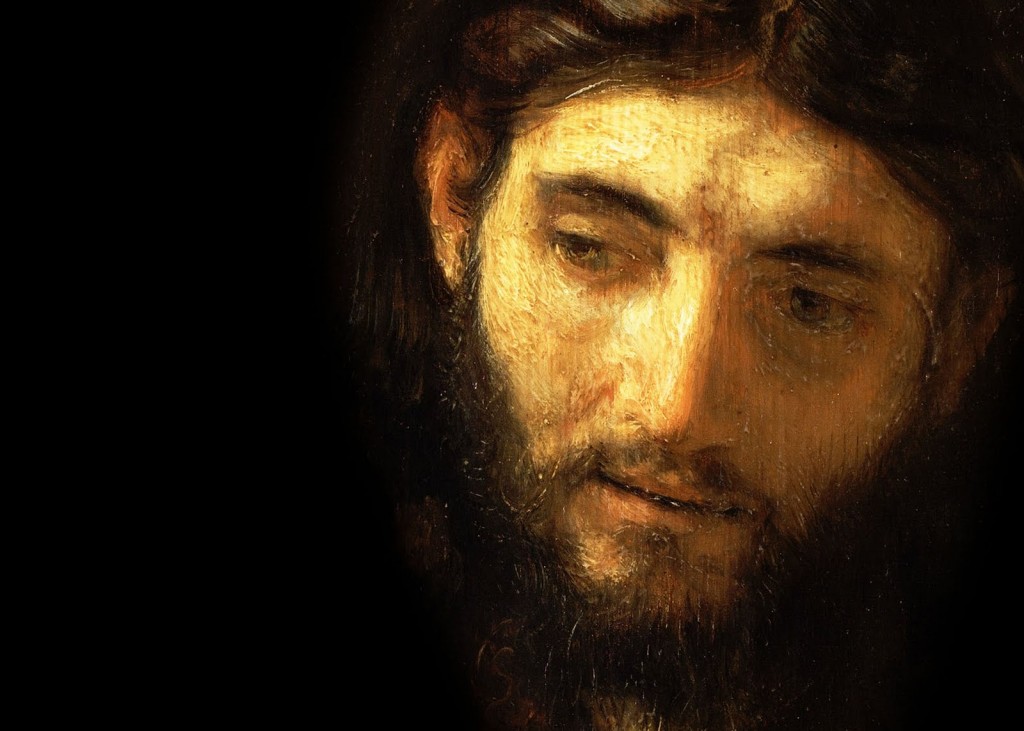
by Fr. Patrick Henry Reardon
When we say that God made the Cosmos in freedom, we mean that nothing outside of God had to be. Modern philosophers ask—as philosophers have done for centuries—why is there something instead of nothing? This very sane question rests on the simple insight that nothing we see in the Universe really has to be. So, then, why is it, since there appears no necessity that it should exist?
The biblical doctrine of Creation, to which the Church is committed by Tradition and Creed, finds the root of all things in the intelligent freedom of the Creator.
At some point in this process of reasoning, it occurs to the thinker to inquire,
“How have I arrived at this concept called ‘freedom?'”
He arrived at this concept, of course, because freedom is something he has actually experienced. Indeed, if he searches for the reason for this experience, he finds himself stymied; he knows that his freedom is a given. He cannot explain it without running into an intractable psychological—and, perhaps, logical—puzzle. Whatever freedom is, it is simply because it is. Freedom bears the character of a tautology: We choose because we choose. If it is compelled, it is not choice. We have motives, of course, but choice is self-caused.
When man further examines the Cosmos, he reaches the conclusion that he must be very special in this world, inasmuch as he sees no evidence that anything else in existence experiences freedom. Everything else that takes place in the Universe appears to take place as the effect of some cause. Everything else is driven; whatever every other creature does is the result of the influences brought to bear upon it. Man, alone, is self-determining.
Consequently, when the human being declares that God made the Universe in freedom, he is basing this declaration on an analogy. He is saying that in God there is something very much like his own experience of freedom. And, since God is God, freedom must start with God, not with man. Any “analogy of freedom” in man’s thought must confess that the source of freedom is the infinite freedom of God. Man, in his freedom, simply bears some likeness to God.
The thinking man, however, if he wants his thought on this point to be complete, must also reflect–on the basis of his own experience—that freedom is inseparable from consciousness. If freedom is really free, it must be part of self-reflective thought; otherwise freedom would be identical with chaos. To say that man is truly free, then, means that he is gifted with the ability to think reflectively. He is self-determined because he is conscious.
According to St. Gregory of Nyssa, this complex psychological quality is what confers on the human being his dominance over all other things. Adam was—and knew himself to be—the head of the Universe, its sole deliberative agent.
“Self-governed and directed autocratically by his own will,” man’s “nature was, from the beginning, crafted for royalty (tyrannis)” (De Opificio Hominis 4).
The human being, then, is the only place where the Cosmos itself can deliberately, intentionally change its mind. Man’s organic and formal cohesion to the rest of material Creation is the reason Adam, when he fell, took the Universe down with him. For all of its brevity Genesis 3:6 –
“she took of the fruit thereof, and did eat, and gave to her husband who did eat”
– identifies the metaphysical mix-up of Creation itself. When the Universe fell into confusion and death, it fell head first.
Saint Paul is explicit on this point.
“Through one man,” he wrote, “he hamartia eis ton Kosmon eiselthen, sin entered into the Cosmos, and, by sin, death” (Romans 5:12).
In Adam everything—ta panta—succumbed to mortality and metaphysical bondage, and the very Universe became a medium of confusion and corruption. From that point on,
“death reigned” (5:14).
So why did God, with a view to redeeming that hopeless situation,
“give his only begotten Son”?
Very simply, says Saint John,
“because God so loved the Cosmos“—Houtos gar egapesen ho Theos to Kosmon (John 3:16).
Following that theme, Saints Paul and Irenaeus argue that the Universe had to be “re-headed” by Christ, the incarnate Logos.
The Universe can only head in the right direction when it receives its proper Head.
